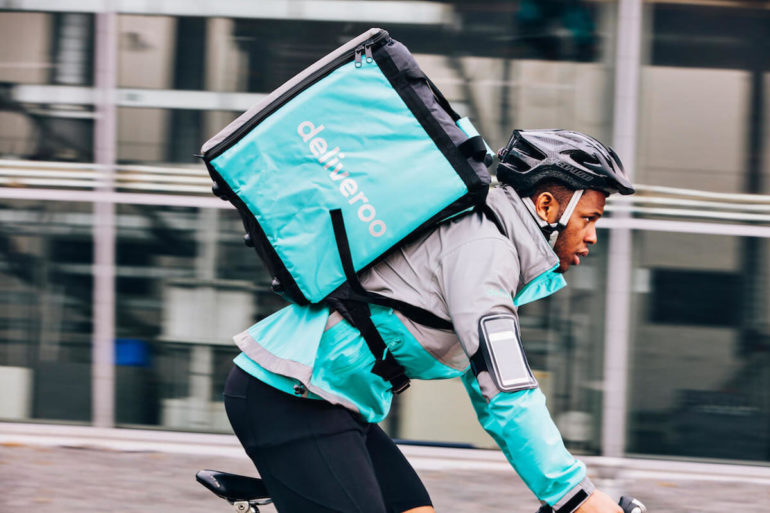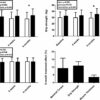Australia’s opposition leader Anthony Albanese has outlined plans that would see the country’s current industrial relations policy overhauled so that gig economy workers are recognised as employees, and be given access to leave entitlements and a minimum wage.
In a speech delivered on Wednesday as part of Labor’s industrial relations policy pitch that the party will be taking to the next election, Albanese said the plan would be to extend the power of Fair Work Commission to enable it to enforce “employee-like forms of work” within the gig economy.
This would include setting minimum pay standards, expanding the “outdated” definition of an employee, and legislating what Albanese referred to as “job security” under the Fair Work Act.
“It’s time for a national approach. That’s why a Labor government that I lead will consult with state and territory governments, unions, and industry, to develop, where it is practical, portable entitlements for annual leave, sick leave, and long service leave for Australians in insecure work,” he said.
“The economy is evolving. Workplace laws must evolve with it. Unless they do, we will see a further rise in inequality which undermines social cohesion.
“This is about supporting innovation and change in the economy, while looking after those workers whose sacrifices make that creativity and dynamism possible.”
Albanese said gig economy workers are currently “denied basic rights such as award benefits, superannuation, the right to collectively bargain and access to unfair dismissal protections”.
He also hit out at the Morrison government for their inaction, pointing out that “they have favoured employers over employees, when their responsibility is to maintain a system that respects the interests of both”.
Labor’s plan to take a national approach to protecting gig economy workers answers calls that were made by the Victorian government back in July when it handed down 20 recommendations as part of the state government’s inquiry into the on-demand workforce.
At the time, the report highlighted that the federal government, together with state governments and other key stakeholders, should lead the delivery of the recommendations to ensure there is national consistency across the country’s workplace systems.
“Reforms confined to a single state risk creating yet more complexity and inconsistency and could impose an unnecessary regulatory burden on national businesses. The Commonwealth is therefore best placed to deliver genuine choice, fairness, and certainty for workers and business,” the report said.
“The inquiry suggests it should grasp this opportunity to deliver the recommendations set out in this report and make balanced and fit-for-purpose revisions to the current system.”
The New South Wales government set up a taskforce at the end of last year to investigate whether improvements need to be made to enhance the safety of gig economy workers. It was prompted after a series of fatalities that involved food delivery riders occurred over a three-month period.
It is, however, unclear when the taskforce will report back on its investigation.
Minister for Industrial Relations Christian Porter has, naturally, hit out at Labor’s plans, claiming that the proposed reforms will come at a cost of AU$20 billion for Australian businesses.
“No one in Australia should be paid under the minimum wage. That is contrary to the law of Australia that exists at the moment. That is an enforcement issue. That’s not an issue about how you structure employment in Australia,” he said during a doorstop interview with media on Wednesday.
“This is the most colossal, radical change to employment relations in Australia’s history, ensuring that 3.5 million people on top of the loading that they are regularly paid in compensation of sick leave, annual leave, long service leave, would also get paid those things as well. They would also be portable at a cost of up to AU$20 billion, which would be extracted in a tax from business … the scale of what’s being proposed and the danger of it to Australian business is almost unfathomable.”



